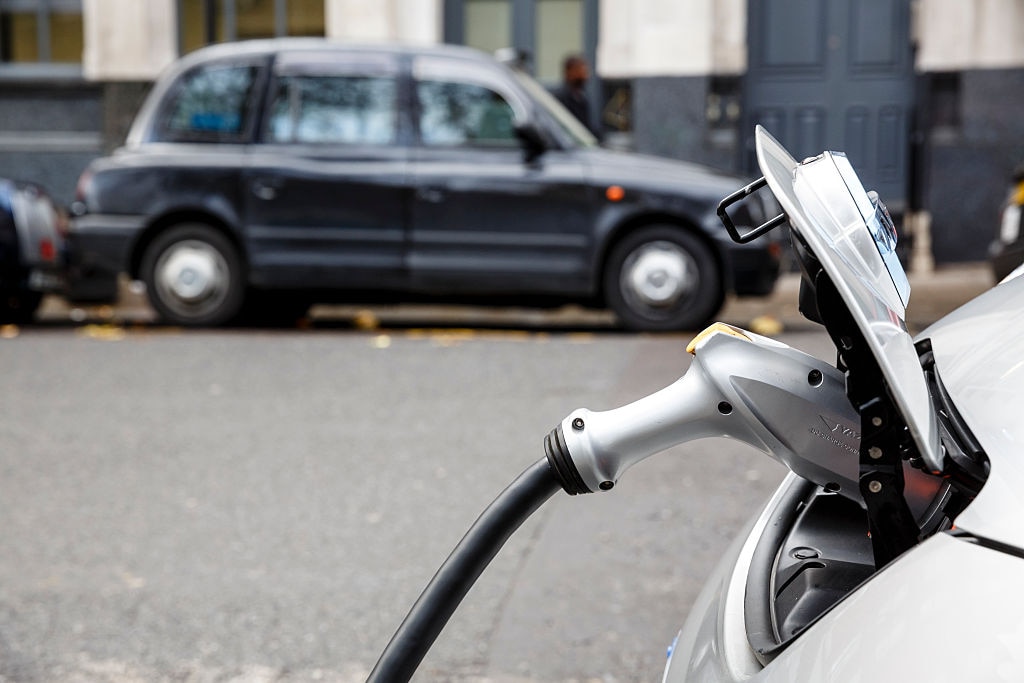Read The Full Article On: 6abc
Due to the Coronavirus pandemic, countless events and activities have been canceled.
But Earth Day doesn’t have to be one of them. While we take drastic measures to protect our health, there are small steps you can take now – or when you’re able to – to protect our environment.
“I always kind of knew that I wanted an electric car, in fact, I believe I wrote an essay about it about 20 years ago before there were any available,” said Ilya Knizhnik of West Philadelphia.
Knizhnik is one of thousands of drivers in the Delaware Valley who have switched over to driving electric cars. He owns a Tesla Model 3. The sleek design drew him in, but so did the financial and environmental benefits.
“It’s really the future and the only way we can get to large scale zero emissions,” said Knizhnik.
Over the years, hybrid and electric cars have steadily dropped in price, batteries have become more efficient.
“We drive to the shore and back, to the Poconos and back on a single charge and still have plenty of range left over,” said Knizhnik.
With the 50th anniversary of Earth Day this month, the environmental benefits of owning a car that doesn’t rely on gas have become increasingly appealing.
“No tailpipe emissions means the elimination of air pollutants that cause smog, haze and other human health concerns,” said Geoff Bristow of the Pennsylvania Department of Environmental Protection. “The second environmental benefit of an electric vehicle is more on a large scale with the reduction of greenhouse gases such as carbon dioxide which can contribute to climate change.”
Delaware, New Jersey and Pennsylvania each have programs to incentivize consumers to make the switch, like rebates that help keep costs low.
“The prices are coming down substantially and the projections are that within a pretty short time, within two or three years, they anticipate having price parity with gasoline vehicles. Some would argue that that’s already there,” said Bristow.
But despite these clear benefits, there is some reluctance to go electric.
Among the top concerns is actually charging your car, especially when you don’t own a garage.
Knizhnik shares his curbside charger with six other people.
“What we need is more public infrastructure and more chargers; EVs should be accessible to everyone,” said Knizhnik. “Clean transit shouldn’t just be for the rich or the early adopters, it should be for everyone.”
https://thenextavenue.com/2020/04/01/watch-out-rivian-electric-ambulance/

